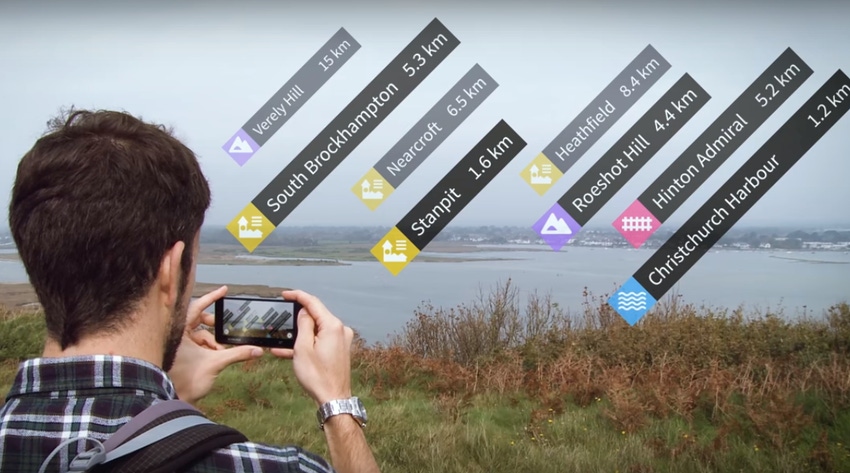Huawei gets Yandex and Booking.com for upcoming mapping service - report
Huawei aims to launch its own business-facing mapping service in October, with Russian internet service company Yandex and Booking.com already embracing the initiative, reports China’s media.
August 15, 2019

Huawei aims to launch its own business-facing mapping service in October, with Russian internet service company Yandex and Booking.com already embracing the initiative, reports China’s media.
Days after it unveiled its own mobile operating system Harmony OS, Huawei is reportedly preparing to launch its own mapping service, called Map Kit, in October, according to a report by China Daily, one of the key official media outlets in China. The newspaper cited “a source familiar with the matter” (although other sections of the report indicate that source may actually have been the president of cloud services at Huawei’s consumer business group) that Huawei has already recruited as software partners in Yandex, the Russian internet heavyweight sometimes dubbed “Russia’s Google”, and Booking Holdings, the American travel aggregator and parent company of Booking.com, Kayak.com, Cheapflights, etc.
The is a logical move by Huawei when it aims to gain more independence from Google, to prepare for the rainy days if the axe of American ban falls heavy again (there are plenty of signs that it may if the trade war is not solved soon). However not enough details have been disclosed for the observers to evaluate the viability of the initiative.
As its name suggests, the Map Kit is not meant for end users but rather an SDK for application developers to build location-based services on top. Huawei plans to make the software suite available in 40 languages and roll it out in 150 countries. According to the report, the Map Kit will support apps to offer real-time traffic conditions and sophisticated navigation systems as well as support augmented-reality mapping. The report specifically said that the software will be able to recognize a car changing lanes, suggesting extremely high precision of its location data.
The report does not spell out the sources of the location data though. China has launched its own satellite navigation system BeiDou to rival the American owned GPS, Russia’s GLONASS, and the European Union’s Galileo. To couple with the fact that Google services including Google Maps are inaccessible in China, it is safe to bet that in China, Huawei’s Map Kit will gather the location data either directly from the state’s navigation system or through third party, such as AutoNavi (an Alibaba subsidiary).
The partnership with Yandex may indicate that the Russian internet giant will provide location data that is not attainable yet from China’s BeiDou, which aims to provide global coverage by 2020. The line in the China Daily report that “Huawei Map Kit will be connected to local mapping services” suggests that Huawei may also use location data from existing navigation and mapping services in countries it intends to offer the Kit to. This is a common practice in mapping data gathering. Because China’s law bans unofficial navigation and location data gathering, both Google Maps and Apple Maps buy location data from AutoNavi.
Another key missing point in the report is the operating system the SDK will run on. It is highly unlikely that it will operate on Harmony OS, which will not be ready by the targeted time frame of the intended launch of Map Kit: Harmony OS was only introduced on PowerPoint slides at the developer conference when it was unveiled, with no hardware nor user manuals for the developers to try their hands on. Additionally, Harmony OS is meant primarily as an operating system for IoT businesses.
On the other hand, if the Map Kit was to run in the Android environment, it would defeat the very purpose of Huawei becoming more independent of Google.
About the Author(s)
You May Also Like











_1.jpg?width=300&auto=webp&quality=80&disable=upscale)


.png?width=800&auto=webp&quality=80&disable=upscale)